By Melanie Nathan, June 12, 2013.
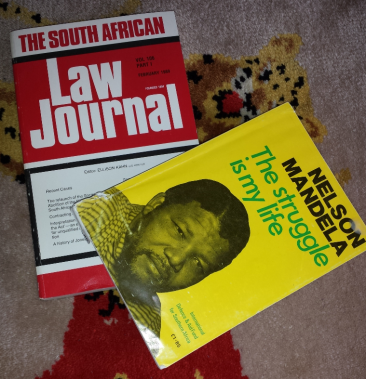 At the time of the 1962 trial of Nelson Mandela, one of a few, South Africans who were not white, and who comprised the majority of the population, were not allowed to vote. This was because Apartheid excluded black South Africans from this basic right to equality. When reading this piece please note that the word “African/s” was using common 60’s terminology when black South Africans were referred to as “Africans.”
At the time of the 1962 trial of Nelson Mandela, one of a few, South Africans who were not white, and who comprised the majority of the population, were not allowed to vote. This was because Apartheid excluded black South Africans from this basic right to equality. When reading this piece please note that the word “African/s” was using common 60’s terminology when black South Africans were referred to as “Africans.”
In 1961 Nelson Mandela issued a statement explaining his decision to work underground:
“The struggle is my life… I will continue fighting for freedom until the end of my days.”
Three years later, Mandela was sentenced to life on Robben Island where he labored in a rock quarry, year after year.
Here are extracts from the court record of the earlier trial of Mandela – Pretoria October 15- to November 07, 1962:
Mandela appeared in this Pretoria Court on various charges before he was sent to Robben Island to serve a life term for treason. In this case he was accused of “inciting persons to strike illegally” and of “leaving the country without a valid passport.” He was convicted and sentenced to 3 years for the former charge and 2 years for the latter.
In conducting his own defense Mandela implored upon the magistrate and prosecutor not to take what he was going to say personally, noting “I hope to indicate that this case is a trial of the aspirations of the African people and because of that I thought it proper to conduct my own defense.” And further noting that whatever he was about to say was not to “reflect upon the integrity of the Court.”
“I hold your Worship in high esteem and I do not for one single moment doubt your sense of fairness and justice.”
What follows is the brilliant strategy for creating a platform which, but for this case, may not otherwise have occurred – read on to see how it unfolded:
MANDELA: “The point I wish to raise in my argument is based not on personal considerations, but on important questions that go beyond the scope of this present trial. I might also mention that in the course of this application I am frequently going to refer to the white man and the white people. I want to at once make it clear that I am no racialist, and I detest racialism, because I regard it as a barbaric thing, whether to comes from a black man or from a white man. The terminology that I am going to employ will be compelled on me by the nature of the application I am making.”
And then:
“I want to apply for Your Worship’s recusal from this case. I challenge the right of the COurt to hear my case on two grounds. Firstly I challenge it because I fear that I will not be given a fair and proper trial. Secondly, I consider myself neither legally nofr mrally bound to obey laws made by a Parliament in which I have no representation. In a political trial such as this one, which involves a clash of the aspirations of the African people and those of whites, the country’s courts, as presently constituted, cannot be impartial and fair.
In such cases, whites are interested parties. To have a white judicial officer presiding, however high his esteem, and however string his sense of fairness and justice, is to make white judges in their own case.
It is improper and against the elementary principles of justice to entrust whites with cases involving the denial by them of basic human rights to the African people.
What sort of justice is that enables the aggrieved to sit in judgment over those against whom they have laid a charge? A judiciary controlled entirely by whites and enforcing laws enacted by a white Parliament in which Africans have no representation – laws which in most cases are passed in the face of unanimous opposition from Africans-“
The Magistrate interrupted Mandela asking if the request was beyond the scope of the proceedings:
MAGISTRATE: “After all is said and done, there is only one Court today and that is the White Man’s Court. There is no other Court. What purpose does it serve you to make such an application when there is only one Court, as you know yourself. What Court do you wish to be tried by?”
Mandela went on to speak to the importance of the right of an accused to ask for a recusal under the law, and said:
“Now I honestly have apprehension as I am going to demonstrate, that this unfair discrimination throughout my life has been responsible for the very injustices, and I am going to contend that race discrimination which outside this Court has been responsible for all my troubles, I fear that this Court is going to do me the same injustice. Now your Worship ay disagree with that, but Your Worship is perfectly entitled, in fact, obliged to listen to me, and because of that I feel…..
MAGISTRATE:
“I would like to listen, but I would like you to give me the grounds for your application for me to recuse myself.”
MANDELA:
“…. a judiciary controlled entirely by whites and enforcing laws enacted by a white parliament in which we have no representation, laws which in most cases are passed in the face of unanimous opposition from Africans, cannot be regarded as an impartial tribunal in a political trial where an African stands as an accused. The Universal Declaration of Human Rights provides that all men are equal ebfore the law, and are entitled without discrimination to equal protection of the law.”
In 1951 the SA Prime Minister had told the SA Parliament that the provisions of the Declaration did indeed apply to South Africa. Mandela went on to show that in the absence of all the safeguards that come withe equal representation, the phrase ‘equality before the law’ in so far as it is intended to apply to Africans (meaning black South Africans) “is misleading and meaningless and all the rights and privileges to which I referred are monopolized by whites and we enjoy none of them.”
“The white man makes all the laws, he drags us before his courts and accuses us, and he sits in judgment over us.”
AND it was in that moment that the power of Mandela was unleashed in the courtroom as he exploded into an eloquent speech about the impact of apartheid. Mandela was given a platform – in a country where there was no legitimate platform – to speak on behalf of an entire nation of oppressed Africans. He stated that he felt oppressed by white domination- inhuman injustices-being voteless- being without land, jobs, in a country where the white oppressor usurped the “lion’s share” fording poverty…..
MAGISTRATE then asked: “What has that to do with this case Mr. Mandela?”
The Magistrate tried to curb Mandela – asking him to remain within the proceedings. However Mandela knew that he was of right to “develop” his case around recusal and so the magistrate could not silent him and so Mandela set out to slam apartheid, giving South Africa and the World a rare opportunity and provided this window to the plight of black South Africans. Mandela, knowing that the Magistrate would never recuse himself, brilliantly crafted into his recusal argument the political truth of South Africa’s Apartheid laws.
At the end of which Mandela noted:
“I have decided to speak frankly and honestly because the injustice I referred to contains the seed of an extremely dangerous situation for our country and people. I make no threat when I say that unless these wrongs are remedied without delay, we might well find that even plain talk before the country’s courts is too timid a method to draw the attention of the country to our political demands.”
Magistrate then asked the Proscutor if he had anything to say and the Prosecutor responded by saying Mandela had not made a case for recusal and that his application should be rejected.
MAGISTRATE:
“Your application is dismissed, Will you now plead to your charges”
MANDELA:
“I plead NOT GUILTY to both charges, to all charges.”
After the conviction and sentence to 5 years in this case, despite a ban and great danger, a large crowd marched through the streets singing ‘Tshotsholoza Mandela,’ (‘struggle on Mandela.’) THE WORLD HEARD – but it would take more trials and a life term, 27 years served for Nelson Mandela to be truly heard and redeemed.
Source: The Struggle is My Life, by Nelson Mandela. (IDAF 1978)
———————————————————————————————-
BUY MANDELA RARE LIMITED EDITION COIN SET NOW….. [email protected]
Support Mandela Foundation and AIDS Charities:
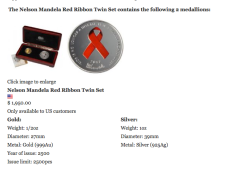 Limited Edition -RED RIBBON MANDELA TWIN SET – from the South African Gold Coin Exchange, available in the U.S.A. http://mandelacoinusa.com/purchase/
Limited Edition -RED RIBBON MANDELA TWIN SET – from the South African Gold Coin Exchange, available in the U.S.A. http://mandelacoinusa.com/purchase/







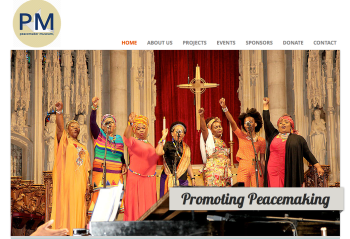




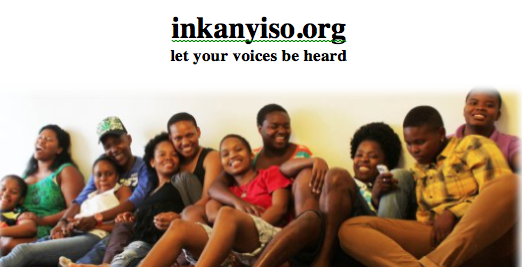






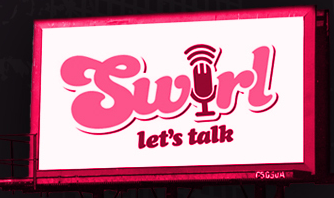
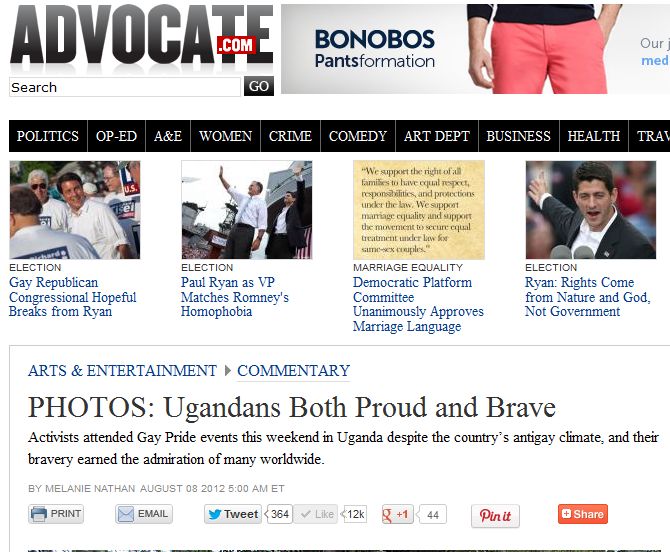
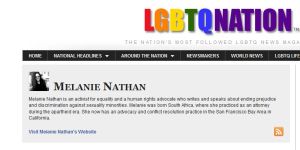
 PoochParkWear customizes hoodies and t-shirts, the good, the naughty, the in between, whether proud or quirky let them be seen. We also offer biker jackets, croc or pleather collars, a variety of collar charms, and our special Zinja beaded collars made by a co-op of HIV-positive South African women, the Sisonke women who weave the beads onto the collars.
PoochParkWear customizes hoodies and t-shirts, the good, the naughty, the in between, whether proud or quirky let them be seen. We also offer biker jackets, croc or pleather collars, a variety of collar charms, and our special Zinja beaded collars made by a co-op of HIV-positive South African women, the Sisonke women who weave the beads onto the collars.

Mr Mandela is and will be forever in the brotherhood of heros. Members being Ghandi, Jesus, Buddha, Dr King. Those making equality a life mission. Melanie, did you ever meet MR Mandela, hear his speak in person? I have wondered since the weekend, is there a way to send a greeting to him in the hospital, or would it be lost within millions of others? We, Americans came very late to Mr Mandela’s fight, yes? I am trying to remember what rockers sang ain’t gonna play sun city no more? Gees, wasn’t that in the 80s? And….Mr Mandela was imprisoned in the 60s. Shame on us. I doubt I am the only one wondering about Your Mandela memories. I hope his continuing illness is not too horrific. Melanie, thanks for reminding us we are one world, one people. I was feeling quite self centered today. Until, I read this.
Thanks, yes I have been doing a lot of reflecting and will have another piece soon reflecting on some perosna memories of the time and my childhood in SA>
That would be a wonderful read, Melanie!! You lived through it all. Wonderful, charismatic man!!! Bright light sent his way!
Remembering it all!!! Great one!! :-)
A truly great, strong, courageous, & principled man!
Kind thoughts to his family & friends…I wish his full & quick recovery.